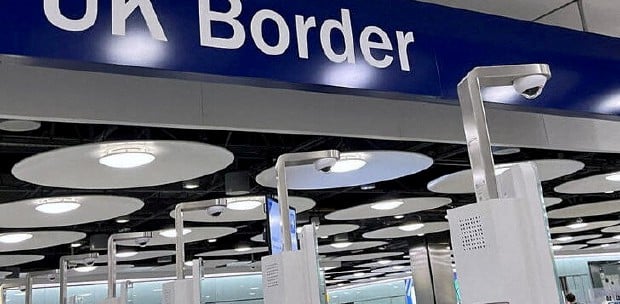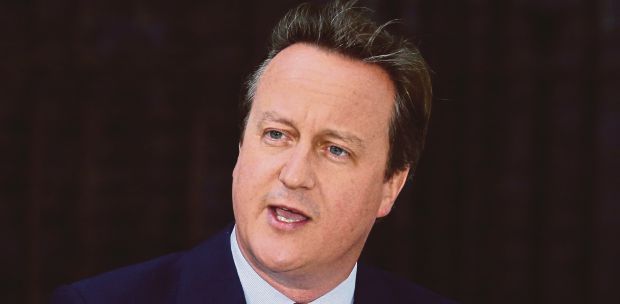Next month, we will find out if the son of Indian immigrants from East Africa to the United Kingdom will become the country's new prime minister.
Rishi Sunak, if he is elected leader of the Conservative Party, will replace Boris Johnson at No. 10, Downing Street.
Sunak's success will be a novelty, the first professed Hindu prime minister in a nominally Christian country and someone who traces his ancestry to a former colony of the British empire.
It will not only be rich in symbolism, but a striking testament to claims of a colour-blind UK.
Empire may be history, but the UK shows that it still has what it takes to lead in benchmarking what counts as social progress, even if Sunak does not make it to No. 10.
He already has created history as the first non-White person to occupy No. 11, the home of the Chancellor of the Exchequer.
And the current senior ranks of the British government are already littered with not a few who can trace their lineage to immigrants.
Some argue that such exemplary political diversity at the pinnacle of British governance is not really a sign of progress, given how restrictive Britain has become to new immigrants today.
Priti Patel, the current home secretary and, like Sunak, of Indian extraction, has been at the forefront in defending the country's immigration policies and been touted as a prime exhibit in the charge that elite diversity does not really translate into social progress.
I beg to disagree. Politics in representative democracies necessarily needs to take the pulse of general public opinion to stand any chance of success.
That government policies can be hammered out among leaders and ideas bandied about by these leaders with little or no regard as to their ethnic or social backgrounds is something worth shouting about.
More so in a country often decried as still too class- and status- conscious.
That individuals of colour can rise to the top and even be on the cusp of the very top in the UK must also say something about meritocracy in practice. There is something there for us to emulate in these parts, which still adhere to some key tenets handed down by the mother of parliaments.
It is a matter of some regret that Singapore, for example, supposedly an epitome of meritocracy, still pronounces itself "not ready" to hand over its top political office to someone most capable and deserving unless they come from the majority ethnic community.
Over on our side of the Causeway, there is no talk even of a non-Malay leading the country, despite the fact that the strongest party now in Parliament is a party composed of mostly non-Malays. Why is that?
I think it all boils down to our rather hackneyed understanding of political multiracialism, to the extent that at least some among us talk in terms of a Malay-led and a Chinese-led multiracial party.
Surely, the very idea of racially diverse and multiracial parties is to make individual racial identities completely irrelevant?
The British Conservative Party does something that our own racially diverse country should sit up to notice.
Its current leadership contest is particularly noteworthy as we witness policy ideas being openly debated, oblivious to the fact that the two contenders are an ethnic Indian man and a White woman.
Unless we can try something similar here, multiracial party politics will continue to disappoint as it cannot seem to move out of the rut of our race-based political mould.
We will have to accept the continuation of such race-based politics as our default political position until such time truly multiracial parties come to the fore.
The writer views developments in the nation, region and wider world from his vantage point in Kuching
The views expressed in this article are the author's own and do not necessarily reflect those of the New Straits Times






